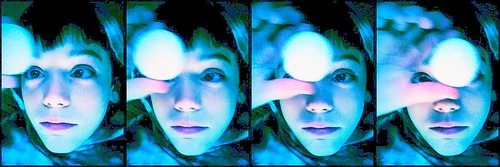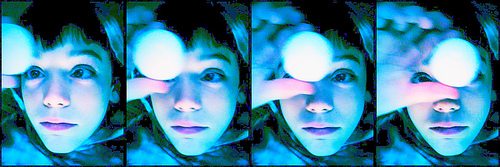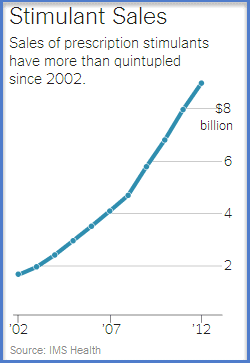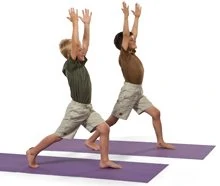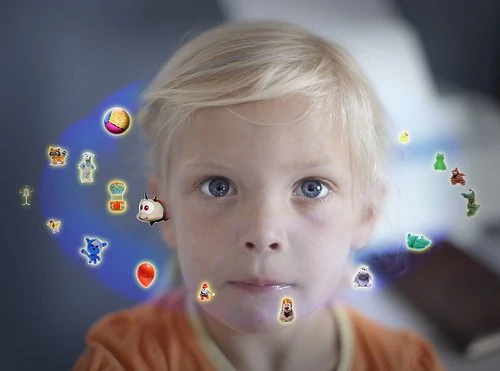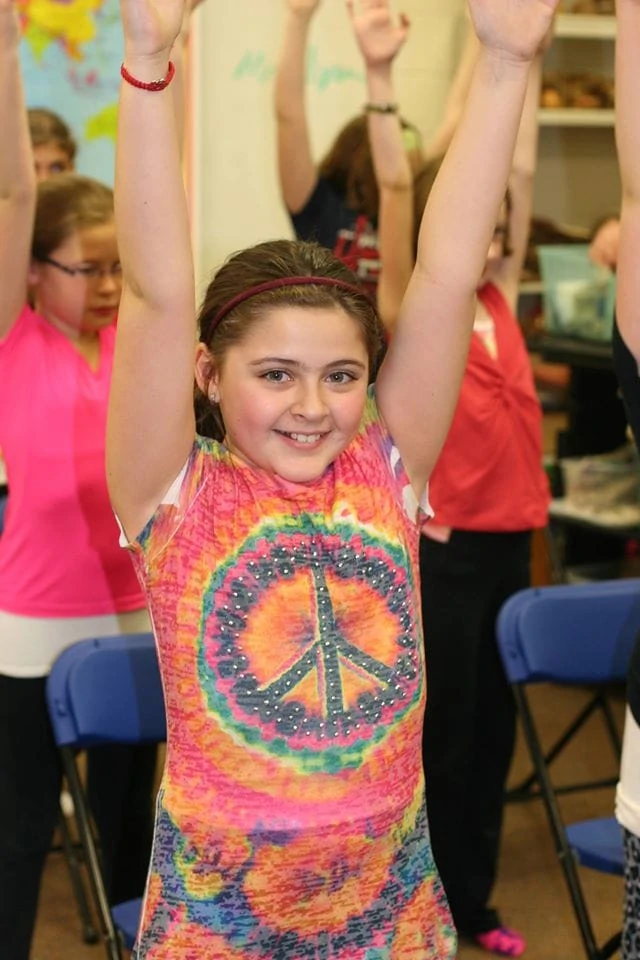As we mentioned last time, the line between “normal” and behavior that signals ADHD can seem fuzzy at times.
ADHD is marked by a weakness in the ability to sustain, shift or divide attention, coupled with a biologically-based weakness in the ability to control impulses. One aspect or the other – hyperactivity or attention – may be more pronounced, but in any case, the behaviors must significantly affect learning and social relationships and must show up in several areas (e.g., home, school, sports). If it occurs only in the classroom, for instance, it may not be ADHD but a sign of teacher-student mismatch, learning disability or other issue.
Yet even signaling behaviors can be misread. Sleep deprivation, anxiety, stress, diet, neurological conditions or even inadvertently reinforced behavior can all contribute to ADHD-like behaviors. Consequently, they must be ruled out before a definite diagnosis can be made.
In fact, as Dr. Jeff Sosne discusses in our course ADHD: The Mind-Body Connection, our home and school environments can actually set the stage for behavior that looks like ADHD but isn’t.
For instance, consider the demands for attention made on children in overly structured lives. There’s increased academic pressure and heavy homework loads, even at the K-5 level. There may be afterschool obligations such as sports, music, tutoring, church and service groups, or lessons of some sort. While such activities may be pursued for personal pleasure or enrichment, they’re just as often used to sweeten a youth’s “resume” for later schooling.
The resulting stress easily leads to distracted or “wild” behavior, as children find it harder and harder to conform to such demands.
Much can be accomplished through making sure the child eats right, gets enough exercise and adequate sleep, and has opportunities for unstructured play. We see a big reduction of symptoms when these basic human needs are met – whether the child actually has ADHD or not. Children become more able to learn practices that can help them improve their ability to focus, pay attention and self-regulate. These, in turn, support ongoing healthy habits, for through them, kids are nurtured into mindfulness, including awareness of their bodies and what their bodies are telling them.
Courtesy of Dr. Sosne, here are 9 tips for nurturing those skills – useful for all children, but especially for those diagnosed with ADHD:
- Attitude is everything! Emphasize a positive, “Can Do” attitude and internal motivators (e.g., “This is a good time to clean your room.”).
- Make eye contact during activities. Practice not responding to a child until they make eye contact, too! Some good games for practicing this skill: Red Light/Green Light, Steal the Bacon, 20 Questions.
- March toward a goal. Talk out loud about the process so the child can later internalize it. Announce a goal and timeframe for every activity.
- Start with small goals – things the child can do in 15 minutes. Observe and reward small changes. Don’t give too much time for an “ADHD child” to complete a task.
- To teach that things change, occasionally stop activities at random and reward the child for handling it well.
- Focus on accomplishments. Have the child write a note on what he or she accomplished in school today.
- Acknowledge their agenda and pair it with a request from you – e.g., “While I am getting you a sandwich, could you pick up that wet towel?” Getting something they want does not in itself promote a sense of entitlement.
- Build habits and routine. Build skills, not consequences.
- Don’t put too much emphasis on the label “ADHD.” It stereotypes and only points to weaknesses, not strengths. Redefine. Instead of saying, “Robert is ADHD,” say “Robert loves baseball and does better when in the middle of the action (i.e., infield),” or, “Jillian has a great sense of humor but has trouble listening, as well as telling jokes.”
Want to learn even more? Join Dr. Sosne and us for our next ADHD: Mind-Body Connection course here in Portland, OR. PSU graduate credits and CEUs available.
Image by woodleywonderworks, via Flickr

